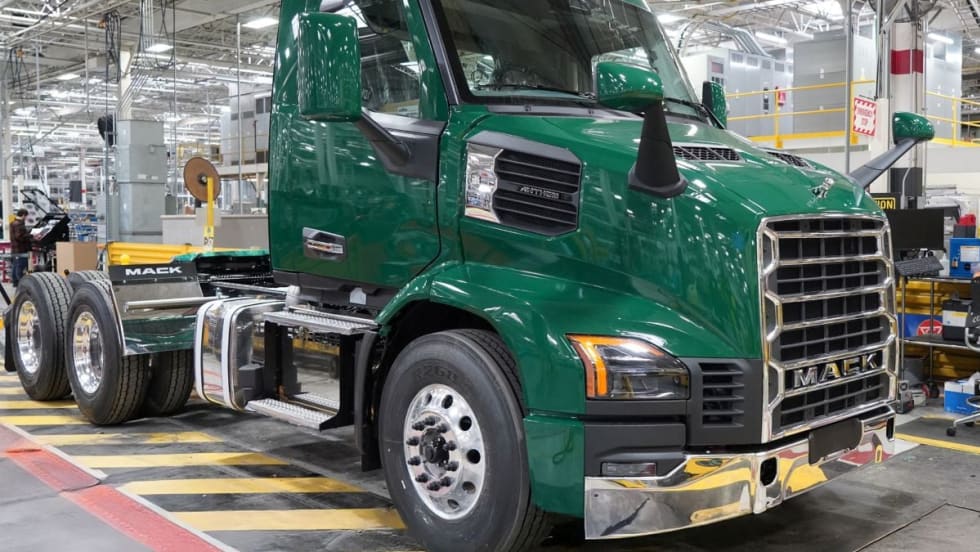Cummins Inc. is planning to lay off about 2,000 workers due to the downturn in the market. “As we communicated to our employees last week, demand has deteriorated even faster than expected, and we need to adjust to reduce costs,” Jon Mills, the engine maker’s director of external communications told HDT in an emailed statement.
The company expects to complete the cuts in next year’s first quarter. As Cummins employs some 62,600 persons, the reduction will amount to slightly less than 3% of its global workforce.
Mills said the worldwide engine builder has already taken “several actions” in response to declining revenues. These include “reduced discretionary spending across the company, several global efforts to optimize our operations, and voluntary headcount reductions.” He also said that Cummins will “continue to align production with demand at our manufacturing facilities.
“Unfortunately,” he added, “we must do more to reduce costs because the downturn is happening at a sharper pace than we experienced in the previous two cycles. "We understand this is incredibly difficult for those directly impacted and for all employees across the company."
Cummins did not specify where the job cuts may land, either in terms of types of positions or location of operations.
Word of the layoffs came less than two weeks after Cummins rolled out an ambitious environmental- sustainability strategy. Under its Planet 2050 plan, the company aims to set quantifiable sustainability goals for 2030 along with longer-term aspirations out to 2050. Cummins described its new environmental strategy as science-based and intended to meet or exceed the goals of the United Nations Paris agreement on climate change.
Cummins’ products range from diesel and natural gas engines to hybrid and electric platforms, as well as related technologies, including battery systems, fuel systems, controls, air handling, filtration, emission solutions and electrical power generation systems. The company operates in approximately 190 countries and territories.














